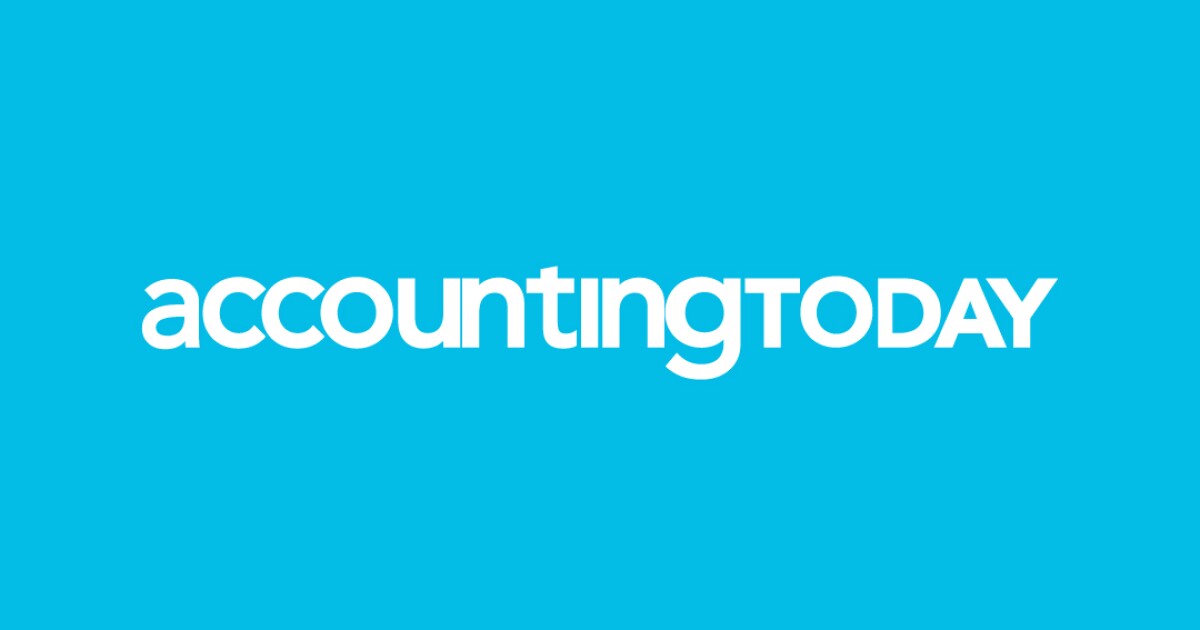Recent developments in Minnesota and Oklahoma have put a spotlight on the educational requirement that would-be CPAs have 150 hours of college credit, and what sort of impact it may — or may not — have on the current problems with the talent pipeline in the accounting profession. A number of different articles and contributed pieces on Accounting Today explored the issue — and in turn, those drew comments and responses from our readers, a few of which are included below. They have been edited for length and content.
The mobility risk
Dan Hood’s recent op-ed, “The accounting pipeline: Above all, try something,” is a mostly measured assessment of the pipeline problem and the stakes involved. But the “let’s try it” approach to Minnesota’s recent legislation on alternative pathways to 150 hours doesn’t adequately weigh the risk to a key competitive advantage for the accounting profession — the ability to serve clients in multiple states, regardless of the service involved. Diminishing that ability would be detrimental to firms and make the profession less attractive to prospective CPAs who want maximum flexibility to work and travel without licensure barriers.
We couldn’t agree more that solving the CPA pipeline issue demands creativity and a collective effort by the profession to ensure that accounting is viewed as an attractive, rewarding career for today’s students. There is broad consensus on many changes we can take to address the underlying problem: more financial support for students, better branding and visibility around opportunities within the profession, changes in entry-level pay and firm culture, to name a few.
Not all experimentation is benign, however, and as we move forward we should bear in mind the medical profession’s pledge of “first do no harm.” An unraveling or rewriting of our education requirement by individual states would have a negative impact on CPAs’ ability to practice from state to state, at a time when cross-border engagements and remote work are integral parts of many firms’ strategies.
Proponents of an education reduction as an added pathway to licensure suggest this would be an easy fix, ignoring the painstaking, two-decade effort it took to attain CPA mobility, which hinges on 150 hours of education, passage of the CPA exam and a year of verified experience. Any changes to these three “Es” would require approval by state legislatures — a process the profession cannot directly control and which may have unintended consequences in jurisdictions where sentiment for eliminating CPA licensure (yes, elimination, including our exclusive ability to perform audits) is strong. The prospect of chaos is high, the payoff uncertain.
As CPAs, we must be clear-eyed about risk. We do this every day for our clients and employers, we likewise need to do the same for our profession. Calls for altering the 150-hour credit requirement endanger CPA mobility and send the wrong signal to our clients, employers and the public about our commitment to rigor and education. We cannot take two steps back for one step forward. As Dan notes, the AICPA has a Pipeline Acceleration Plan we’re pursuing and there are many other good ideas from firms, state societies and universities that warrant exploration. Let’s get to work on those.
— Susan Coffey, CPA, CGMA, CEO, Public Accounting, AICPA & CIMA
Weighing the impact
In a contributed piece for our “Voices” section, “The 150-hour rule is not the problem,” Gary Bolinger, a past leader of the Indiana CPA Society, wrote that blaming the 150-hour requirement for the profession’s pipeline problems was a common “knee-jerk reaction,” but that a number of other factors were actually much more important — which in turn prompted some readers to write in.
As the father of a son who was going to be an accountant, I can tell you that the 150-hour education factor was a big reason for his decision. He wasn’t willing to pay another $40,000 for a fifth year of college when he could make the same money as a consultant for a large accounting firm with a four-year degree.
We are burying our heads in the sand if we believe that 150 hours isn’t a factor. Think about it, an extra $40,000 or more in tuition and for the privilege you get one less year of earnings. Not a great bargain.
Failing to recognize the importance of this reminds me of BlackBerry. They figured they “didn’t need no stinking apps.” Today, guess who dominates the cell phone market. (Hint — it ain’t Blackberry.)
The accounting industry needs to read the handwriting on the wall. One possible alternative is that the shortage causes state legislatures to open up the attest function to non-CPAs. Are we as a profession sure that’s where we want to go? The vacuum will be filled. Personally I would prefer if it were filled by CPAs.
Remembering back to my college days, I learned more about the business world in my first six months as an auditor than in four years of college. I’m sure that 150-hour CPAs would tell us the same today. We should look very hard at how much we really need a 150-hour education requirement, when on-the-job training is likely more effective.
— Bob Hartwig, CPA, MBA
I thought I would share another insight on the CPA pipeline/turnover issue. I think Mr. Bolinger’s article hit on many items but is lacking one that I see. And that is firms setting inappropriate expectations of what [young accountants] will be doing their first couple years.
Firms are pushing technology heavily and stating that it is removing much of the mundane tasks new hires typically had to do. Their messaging implies they are skipping a couple years and getting into the more challenging areas of the audit immediately. They can apply their professional skepticism, etc., as if they are well experienced when they really have no experience. And this is not the case. There are certain things CPAs just have to get experience in and exposure before tackling the more exciting or risk areas of an audit. How can a new hire do a risk assessment with no experience?
So the student goes through the recruiting process and is led to believe that they will immediately get the more challenging pieces of audit work because technology (or shared service centers) has eliminated the boring things of an audit. Now the young professional starts work and is doing some of those mundane things they didn’t think they were going to have to do.
Firms are setting an expectation that is not yet achievable, whether it is the client’s or the firm’s technology issues. So the young professional feels “this isn’t what I signed up for” and jumps ship earlier, as higher pay is not hard to find.
So I think the expectation gap that firms are pushing is partly to blame as well. And I think we will see this with a slower career path with those that do mostly remote working in the future (not enough time has lapsed to prove that out yet).
Just thought I would drop a note with my observation.
—Ed Wilkins, Adjunct professor, Owen Graduate School of Management at Vanderbilt University, and retired partner, Deloitte & Touche
Evaluating the cost
Blake Oliver, a CPA and the host of the Cloud Accounting Podcast and the founder of Earmark CPE, did a cost analysis of the extra 30 hours, and ended up questioning their value in an article, “The cost of the 150-hour rule: $2 billion,” that sparked the following response from a reader.
I just read the article supporting the removal of the 150-hour requirement. First, his cost estimate was ridiculous. Frankly, it insulted my intelligence. $100,000 for nine months and 30 college hours is ridiculous. $12,000 for books and supplies and $60,000 for living. You can go to the University of Texas for four years on that amount. …
If I may offer another direction, think about this. The reason the extra year came into play was that accounting graduates with 18 (or so) hours just were not ready for public accounting. So educators said OK, we will create a master’s program. That was ill-conceived, and a typical governmental response to a serious problem.
What they should have done is created a 30-hour core curriculum at the expense of “business'” courses that no CPA gives a damn about. You don’t need a year of marketing, or a year of English literature, etc. I agree with the young man that four years of college should get the job done. I also believe that the extra accounting courses are very important. Do we dare fire someone in the English Department?
We have already dumbed down the exam. Let’s not go any further. Let’s make some intelligent changes.
PS: I picked up my master’s of accountancy in night school. It took two years and I worked for a CPA firm during that time. Education + practice = perfect outcome.
— Stephen W. Cook
Credit: Source link











